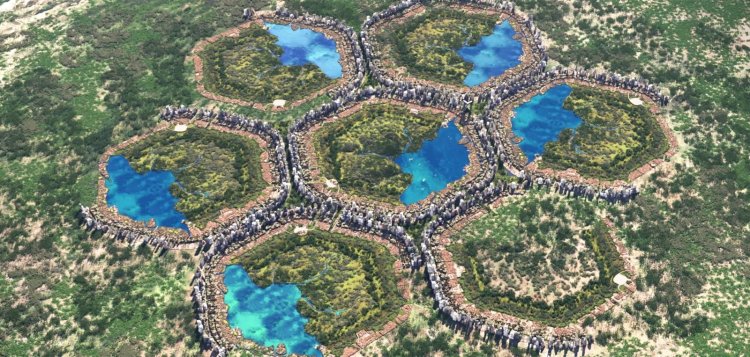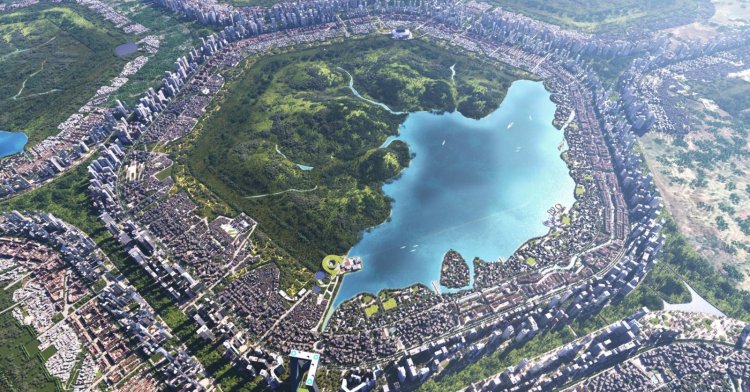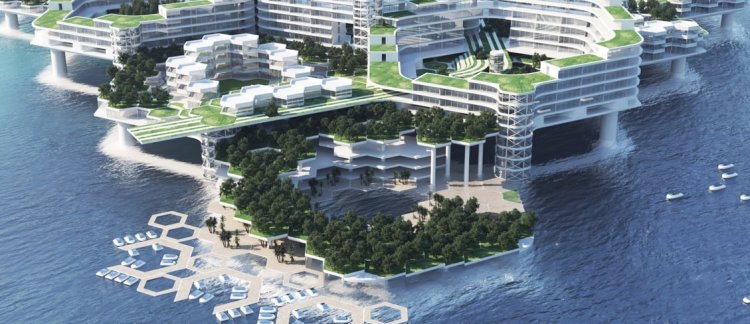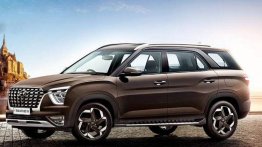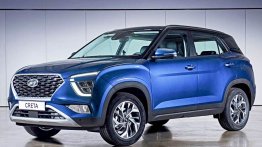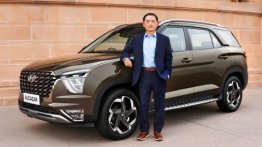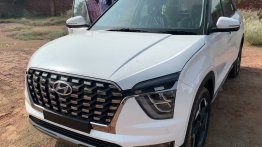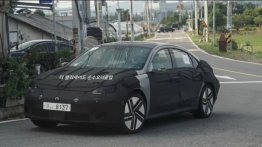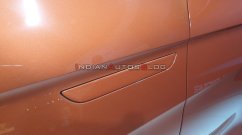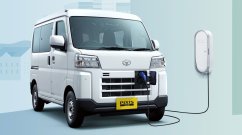Hyundai Motor Group (the Group) has unveiled a virtual public exhibition of its HMG Smart City reference model and other concept studies developed in collaboration with academia.
The virtual exhibition consists of the greenfield smart city reference model that the Group debuted at the World Cities Summit forum in Singapore this past August, and various concept studies on the future cities.
The model is a collaboration between the Group and HyunJoon Yoo Architects. The reference model is a research project that will serve as an important stepping stone for the Group’s effort to understand cities in order to provide smart city solutions that truly benefit citizens.
Inspired by a honeycomb pattern, the HMG Smart City concept is a hexagonal-shaped urban development with a human-centered surface layer and functional underground layer. On the surface, the buildings encircle parks and forests at the center of the city, effectively minimizing the gross area developed by humankind.
The concept’s road infrastructure lies in the underground layer where autonomous mobility solutions transport all the goods and services to regional automated logistics hubs where autonomous robots make the final delivery.
The concept envisions a sustainable green city where large natural areas are preserved. The city center features recreational forests, parks and a reservoir to provide water for city dwellers. To ensure carbon neutrality, the city’s primary power source will be hydrogen fuel cell generators, distributing electricity through smart grid pipelines to buildings.
The Group previously announced its vision for future cities and related smart mobility solutions at CES 2020. Since then, the Group has rapidly developed a range of smart mobility solutions.
The virtual exhibition also includes other city concepts that the Group has developed in cooperation with academia. The first part of the concept studies addresses the question of what kind of design may be necessary to support and enrich life in desert, polar and aquatic environments. The second part of the study covers various concepts of how purpose-built vehicles (PBVs) may interact with building structures in future cities.
For example, the Group delved into how roof structures, pedestrian deck, roads for advanced mobility systems may benefit from region-specific designs, and how PBV docking structures may look like for desert environments facing high heat and sandstorms. The Group also explored various scenarios of PBVs interacting with building structures and how to cover up PBVs in an aesthetically pleasing way.
The future city concepts shown in the online exhibition represent the Group’s continuing commitment to making progress for humanity through smart and sustainable mobility solutions. Furthermore, it provides the public with an insight into the future of cities.
